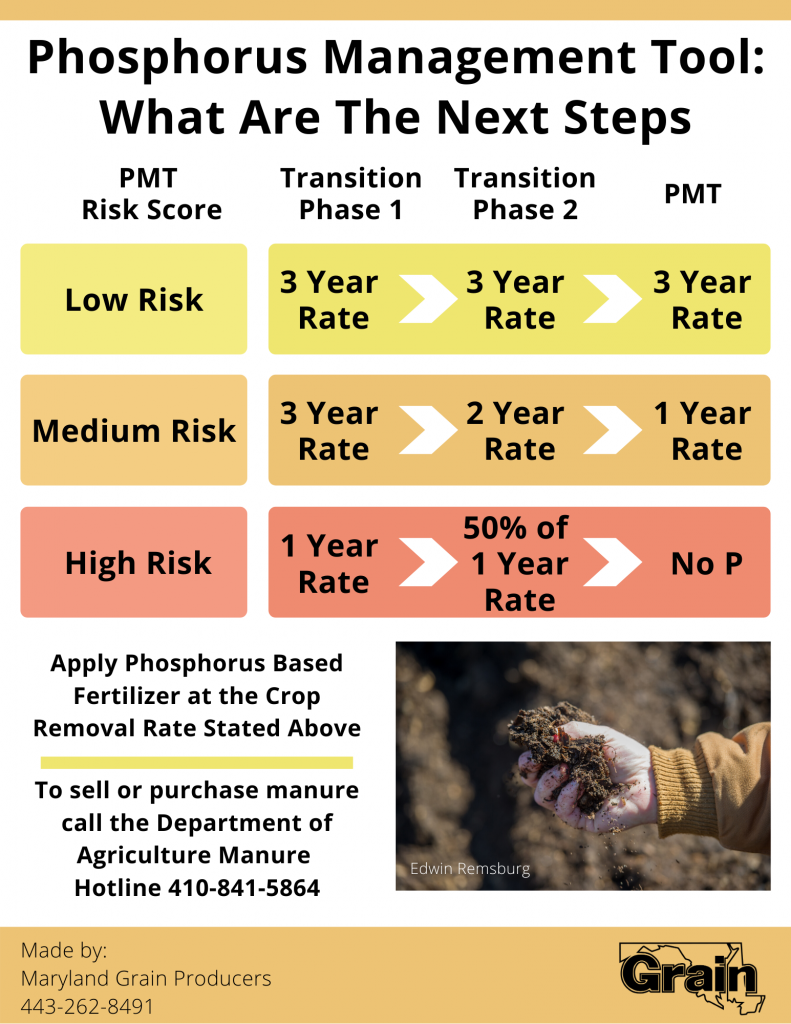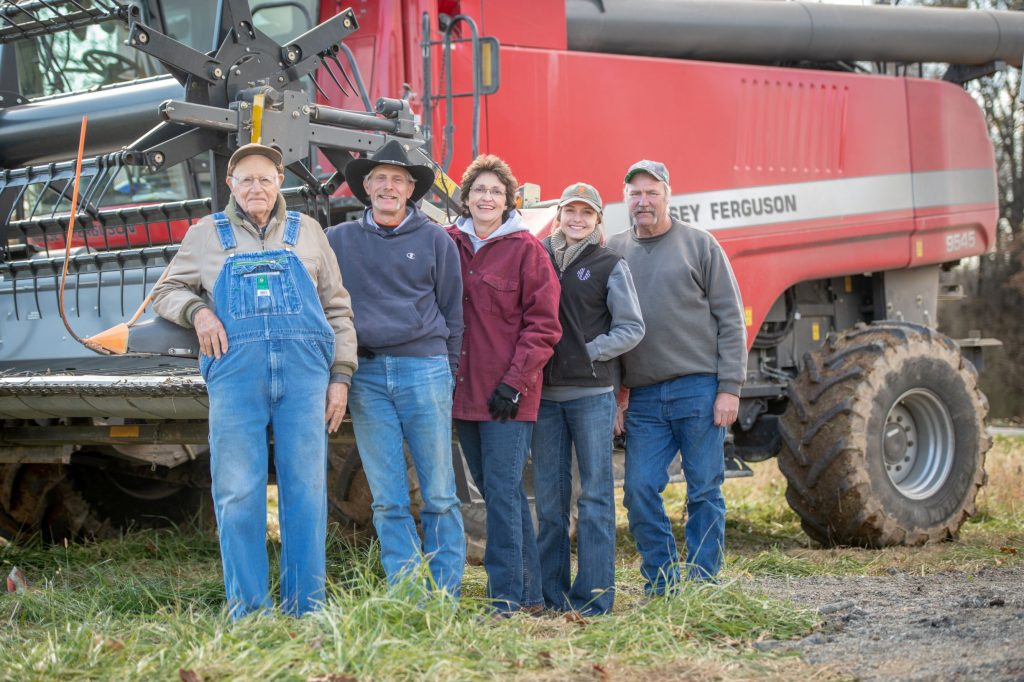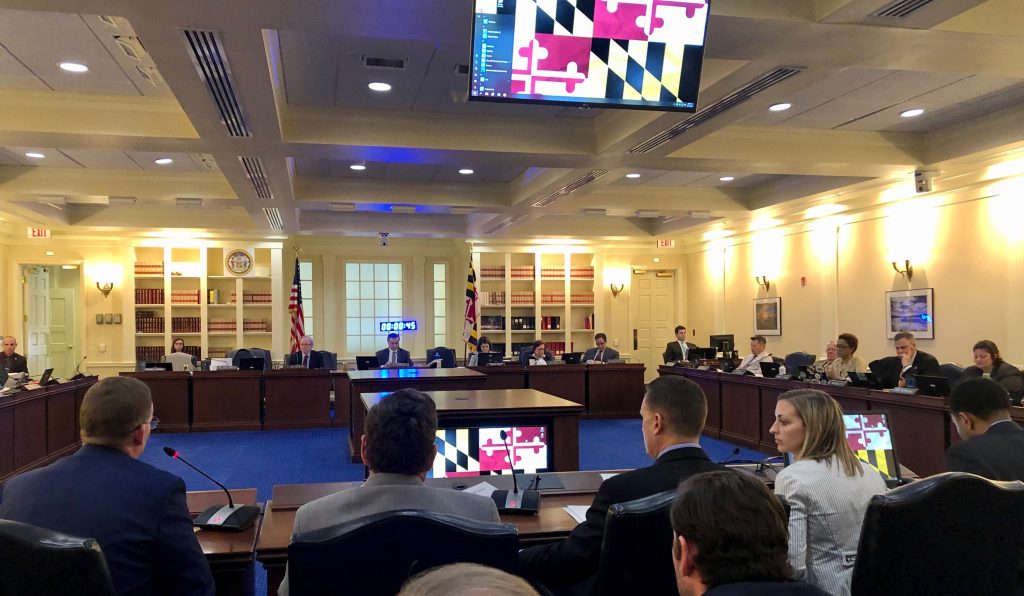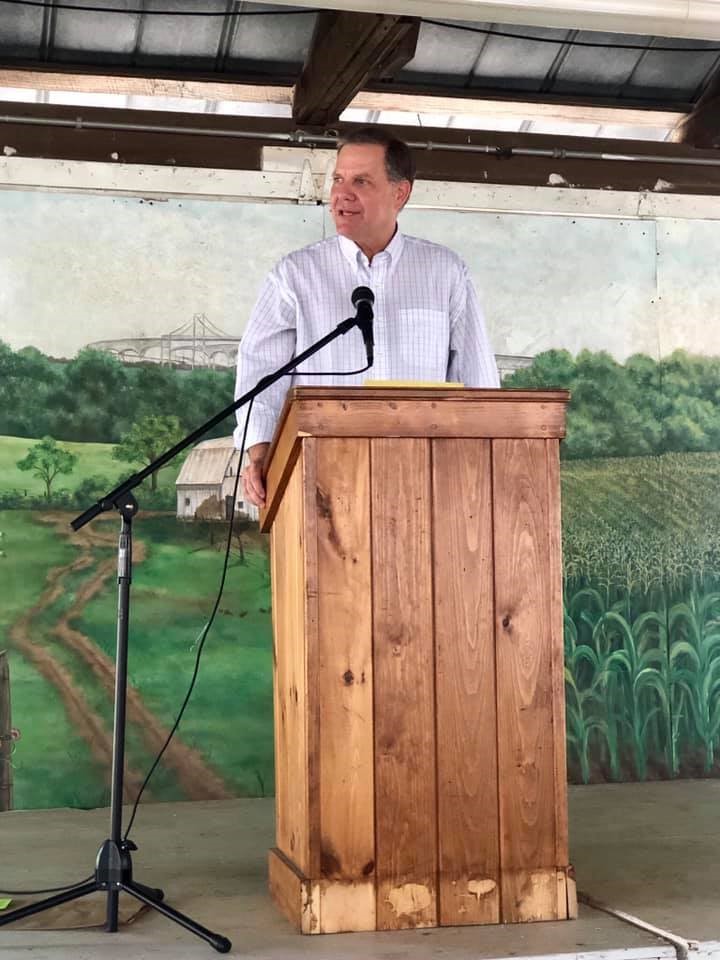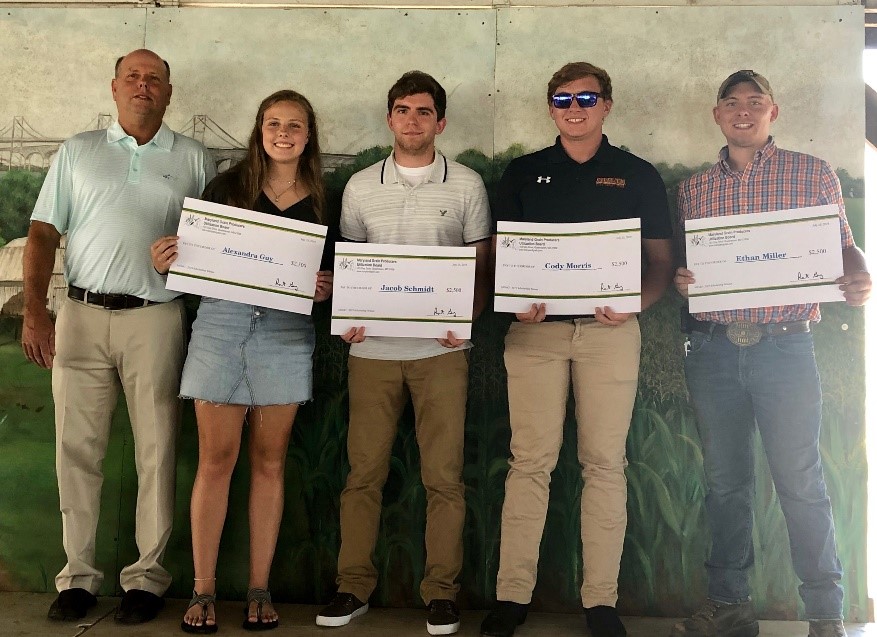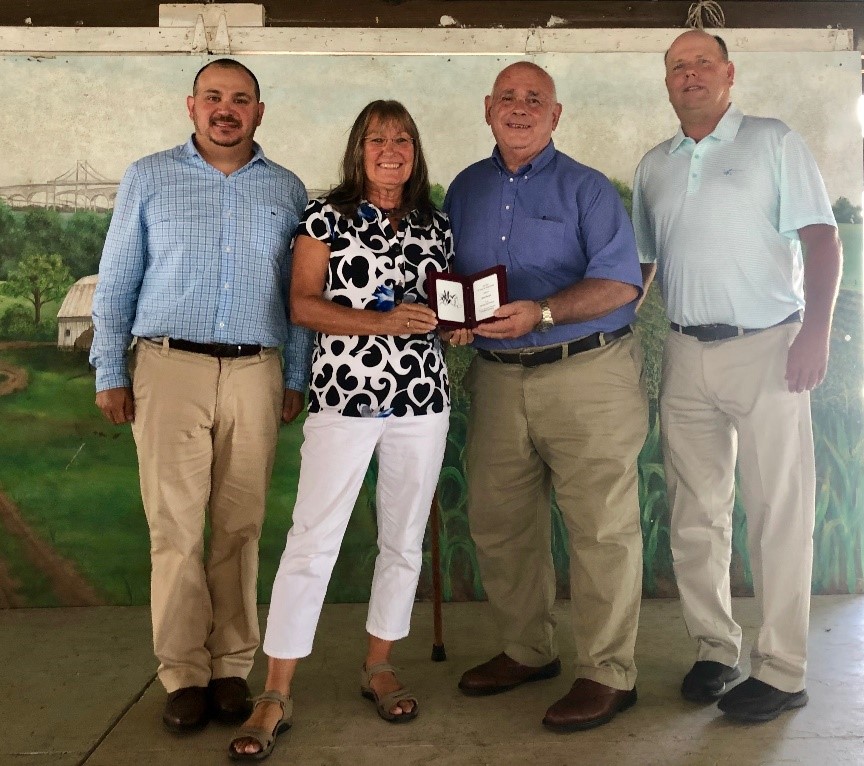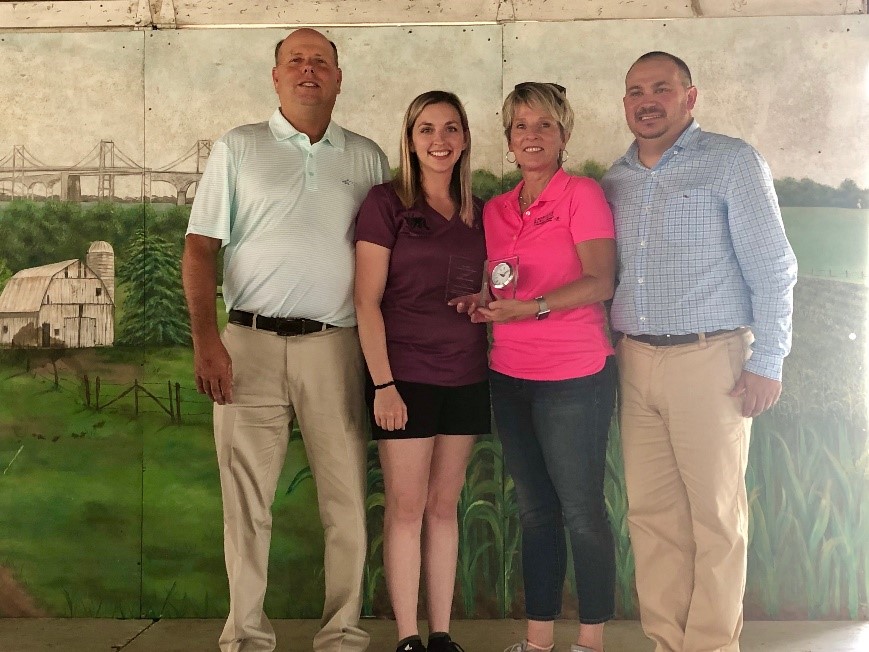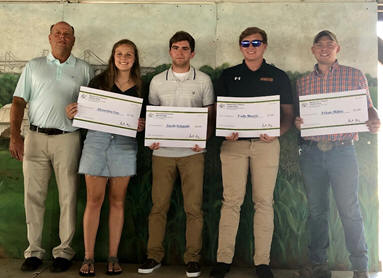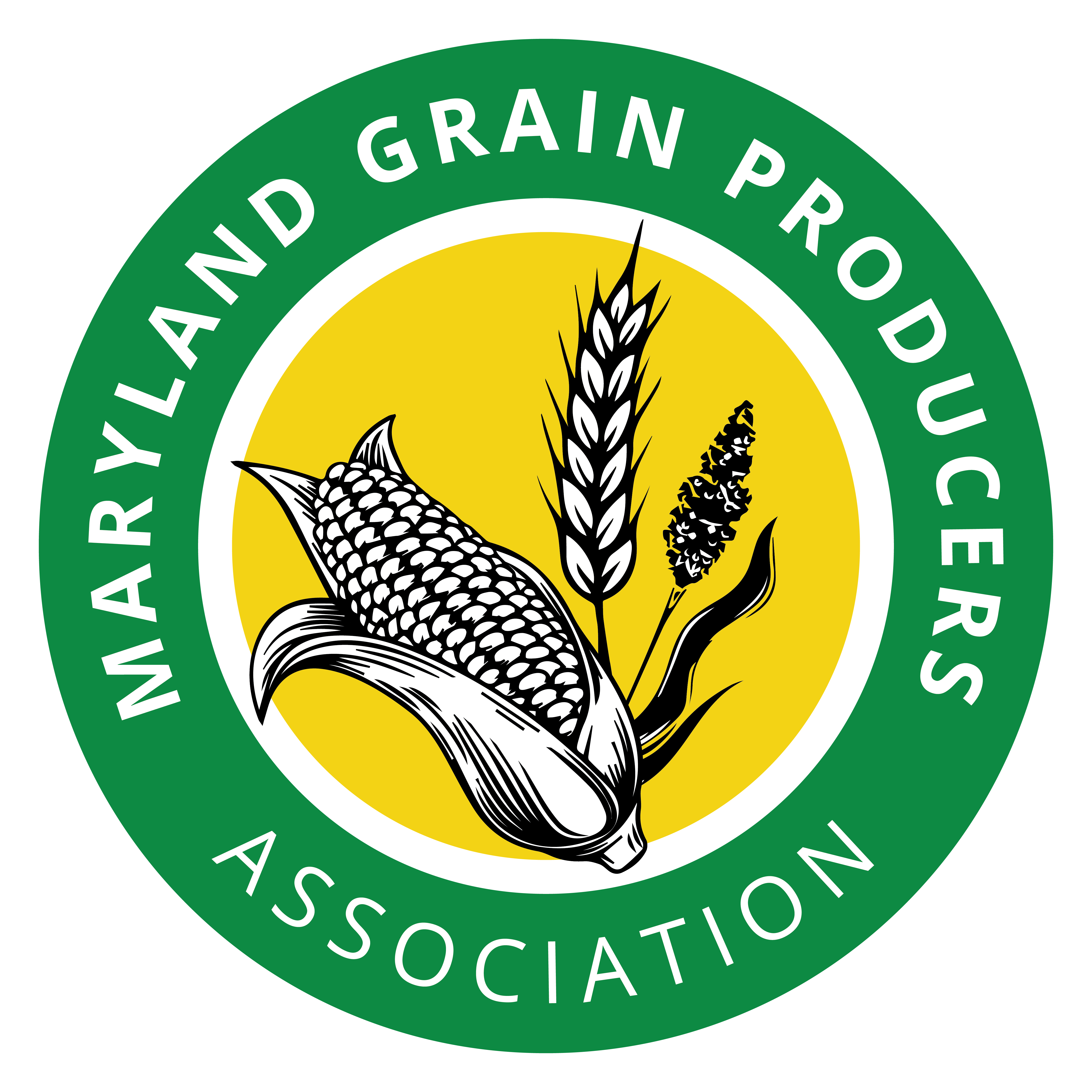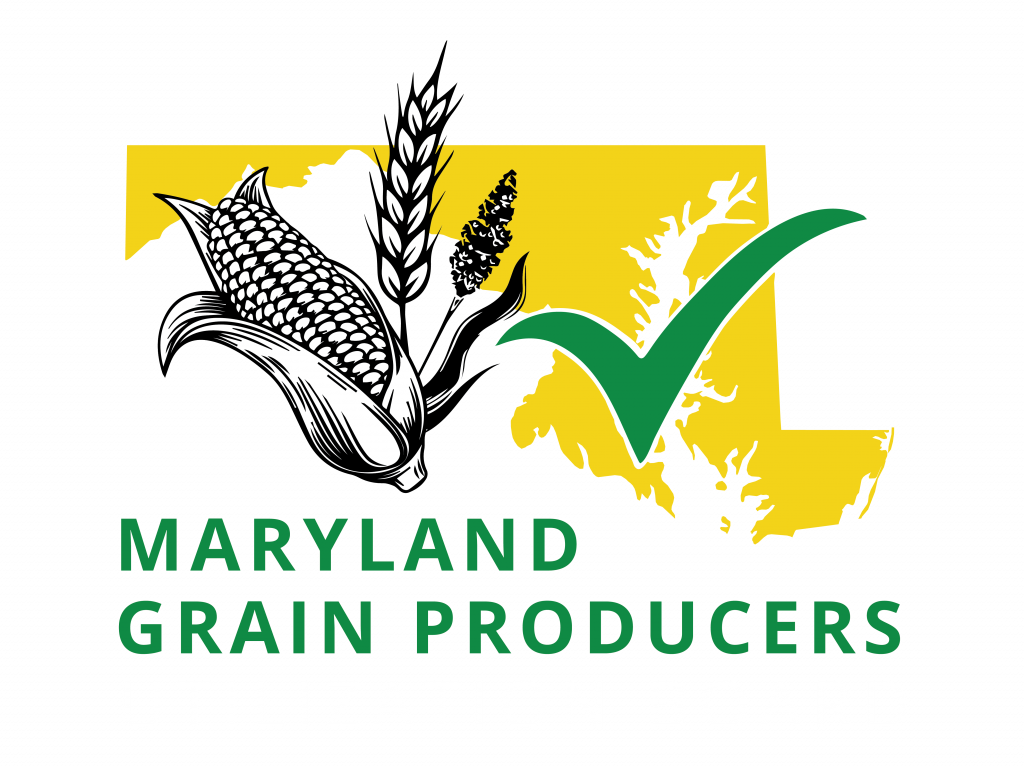Queenstown, Maryland (May 8, 2020) – Yesterday, Governor Hogan vetoed Senate Bill 300 which would have legislatively banned the use of Chlorpyrifos in Maryland. This would have been the first agricultural pesticide banned by the Maryland General Assembly. The Maryland Department of Agriculture filed regulations in February to phase out the use of Chlorpyrifos. This was a request from agricultural organizations including DE-MD Agribusiness Association, Delmarva Poultry Industry, Maryland Farm Bureau and Maryland Grain Producers, in order to avoid setting a precedent of the Maryland legislature banning pesticides.
Maryland’s agricultural coalition joined together requesting that Governor Hogan veto this legislation in order to maintain the statutory, science based, framework in place for pesticide regulation. In his veto letter, Hogan states, “Following discussions earlier this year with agricultural leaders, farmers, and legislators, the Maryland Department of Agriculture (MDA) crafted reasonable and responsible regulations to phase out all use of Chlorpyrifos by 2021. This regulatory action is in the best interest of the agriculture industry and the environment…Because of this regulatory action which has already occurred, Senate Bill 300 has been rendered moot.”
Governor Hogan joins other Governors across the country in vetoing legislative bans on Chlorpyrifos. Most recently, Washington state’s Governor Jay Inslee (D-WA) and Governor Cuomo (D-NY) of New York also vetoed pesticide ban legislation. Governor Cuomo (D-NY) summed up the reasoning well in his veto letter stating, “legislatively banning pesticides substitutes the legislature’s judgment for the expertise of chemists, health experts, and other subject matter experts in this field.”
The Environmental Protection Agency (EPA) reviews hundreds, if not thousands, of scientific studies when considering approval of pesticide products. This is not a process that is feasible in a 90-day legislative session. While advocates of Senate Bill 300 argue that the regulatory route puts MDA in charge of banning chlorpyrifos and they’re not equipped to do so; the fact is that MDA would be responsible for promulgating regulations to implement and enforce Senate Bill 300 and are more than equipped to do so through delegated regulatory authority from EPA.
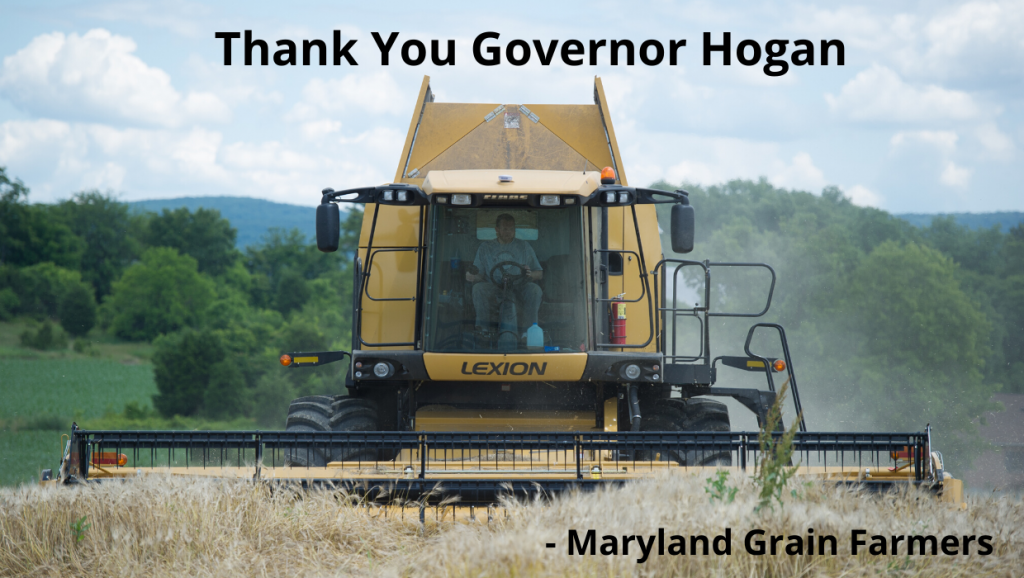
Maryland agriculture would like thank Governor Hogan for vetoing this legislation in order to maintain the robust regulatory process in place to safely and effectively govern pesticides.
###

